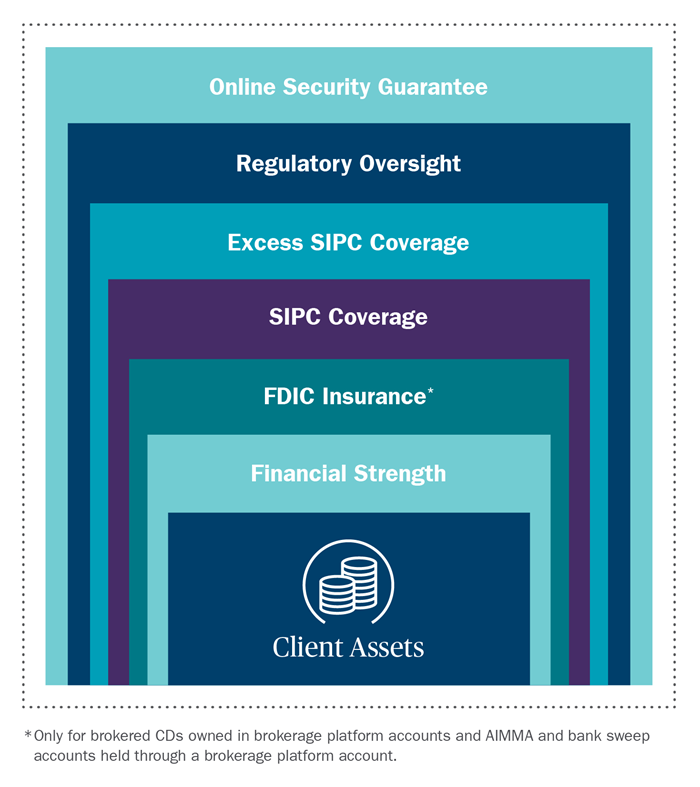bank owned life insurance accounting
But when the policy becomes mature for payment naturally the amount so received will be higher than. The federal banking agencies are providing guidance on the safe and sound banking practices they expect institutions to employ for the purchase and ongoing risk management of bank-owned life insurance.
/GettyImages-539244461-88be1a7f24a049229ce2956e0a60d393.jpg)
Corporate Ownership Of Life Insurance Coli Definition
Bank Owned Life Insurance BOLI National banks may purchase and hold certain types of life insurance called bank-owned life insurance BOLI under 12 USC 24 Seventh.
:max_bytes(150000):strip_icc()/dotdash-insurance-companies-vs-banks-separate-and-not-equal-Final-9323c943f9974aad96b2c70d6e3aa577.jpg)
. Many banks now own BOLI bank owned life insurance. The Financial Accounting Standards Board FASB recently released an update that clarified guidance for owners of Corporate Owned Life Insurance COLI and Bank Owned Life Insurance BOLI regarding how to record cash proceeds from such policies. Accounting for Bank-Owned Life Insurance FTB 85-4 addresses the accounting for BOLI.
Since the bank owns the policy the bank receives the proceeds from the death benefit accrues revenue from investment. The general rule for bank-owned life insurance BOLI is that proceeds received by reason of death are tax free. These premiums are considered standard business expenses with a debit to an insurance expense.
When a business owns a life insurance policy BOLI for a key officer it pays the premiums itself and names the actual business as the beneficiary should the officer die while the policy is in place. These types of insurance policies are referred to as corporate-owned life insurance COLI bank-owned life insurance BOLI and key-person life insurance. The bank purchases and owns an insurance policy on an executives life and is the beneficiary.
The payment of life insurance premiums is generally not tax deductible. OCC Bulletin 2000-23 provides national banks with current guidance on this subject. In addition an adjusting entry is necessary in order to leave to the debit of the policy amount with the actual surrender value of the policy.
The buildup of cash surrender value within the policy is included in book earnings but excluded from the calculation of federal taxable income. The guidance attached to this bulletin continues to apply to federal savings associations. While the day-to-day accounting and handling of death benefits received are fairly straight forward for financial reporting and tax purposes an institution on the selling side of an MA transaction with BOLI may face.
There are several types of life insurance that provide different levels of. A life insurance contract provides an accumulated contract value that increases over time and an additional return upon the death of the insured. Accounting for Split-Dollar Plans.
However if the BOLI policy is transferred for value ie the purchase of an existing policy rather than a newly issued policy the death benefit is no longer tax free unless an exception applies to the transfer. Purchase and Risk Management of Life Insurance to institutions to help ensure that their risk management processes for bank-owned life insurance BOLI are consistent with safe and sound banking practices. BANK-OWNED LIFE INSURANCE Interagency Statement on the Purchase and Risk Management of Life Insurance Summary.
Only the amount that could be realized under the insurance contract as of the balance sheet date ie the cash surrender value reported to the institution by the insurance carrier less any applicable surrender charges not reflected by the insurance carrier in the reported cash. A bank will purchase and own a life insurance policy on an executive or group of executives lives and. Understanding its impact on the financial statements of your business is an important element in making a decision on the use of a business owned life insurance policy.
So while the annual insurance expense in each of years 1 through 14 is 10000 and an accounting entry is made to reflect the payment the expense is not deductible against. Accounting Reporting the Cash Surrender Value of Bank-Owned Life Insurance Accounting Guidance The Accounting Standards Codification ASC 325-30 provides the guidance to properly account for investments in insurance contracts. Life Insurance premium expense account.
Bank Owned Life Insurance BOLI is a tax efficient method that offsets employee benefit costs. 5000 Life Insurance income account. The Office of the Comptroller of the Currency the Board of Governors of the Federal Reserve System the Federal Deposit Insurance Corporation and the Office of Thrift Supervision have issued the attached interagency statement on bank-owned life insurance BOLI to.
Bank Owned Life Insurance in the MA Arena. Typically the insured employee is an officer or other highly compensated employee but a bank may purchase insurance for any employee. Banks may own life insurance if it is incidental to their banking function.
Split-dollar programs are life insurance arrangements in which any number of financial elementsincluding cash values premiums death benefits or ownershipare shared between an employee and an employer. BOLI is a life insurance policy purchased by a bank or bank holding company to insure the life of certain employees. 3200 Conclusion The use of Life Insurance may be a key financial decision for your business.
Bank Owned Life Insurance BOLI uses tax advantages to create an efficient way to offset employee benefit costs for banks and credit unions. Banks can purchase BOLI policies in connection with employee compensation and benefit plans key person insurance insurance to recover the cost of providing pre- and postretirement employee. The Comptroller of the Currency OCC acknowledges that national banks may own life insurance for the same reasons that any other corporation may own life insurance.
Business-owned life insurance premiums and the cash surrender value asset. The death benefit proceeds follow this same model as long as banks abide by federal rules governing the use of BOLI. Upon the executives death tax-free death benefits are paid to the bank.
Cash surrender values grow tax-deferred providing the bank with monthly bookable income. The primary benefit of BOLI is its treatment for corporate income tax purposes. The interagency statement also provides guidance for split-dollar arrangements and the use of life insurance as security for loans.
The accounting treatment of corporate-owned life insurance does not reflect the income tax treatment. The policy account will be debited by the amount of premium since the premium is paid every year. They ordinarily take the form of a premium loan made to an organizations executive that is.
In Accounting Standards Update 2016-15 Statement of Cash Flows Topic 230.

Understanding Sipc And Fdic Coverage Ameriprise Financial
/what-difference-between-savings-loan-company-and-bank_V1-7433dd7b78d64111a4470db261e3046f.png)
Savings Loan Companies Vs Commercial Banks What S The Difference

How Does Life Insurance Work The Process Overview
:max_bytes(150000):strip_icc()/hsbc-branch-in-new-bond-street--london-533780165-ff99ebc393c243cba463ea80559836b0.jpg)
Bank Owned Life Insurance Boli
:max_bytes(150000):strip_icc()/dotdash-insurance-companies-vs-banks-separate-and-not-equal-Final-9323c943f9974aad96b2c70d6e3aa577.jpg)
Insurance Companies Vs Banks What S The Difference

Here Are The Benefits Of Bank Owned Life Insurance Independent Banker
/dotdash-variable_universal-Final-66a32d4c8d84418ab1271e02d73d2a4b.jpg)
Variable Life Vs Variable Universal What S The Difference
Common Mistakes In Life Insurance Arrangements
/dotdash-variable_universal-Final-66a32d4c8d84418ab1271e02d73d2a4b.jpg)
Variable Life Vs Variable Universal What S The Difference

Tax Deductible Life Insurance Business Owners
/dotdash-variable_universal-Final-66a32d4c8d84418ab1271e02d73d2a4b.jpg)
Variable Life Vs Variable Universal What S The Difference

Boli Explained Paradigm Life Blog Post
/Dearborn_Recirc-7d1a8d5cb14e490bb10102254ed00318.jpg)
Dearborn Life Insurance Review 2022
/life-insurance-policy-185263144-0b47d104cb7347e3ad79da3c2b5de23c-9445d753496441d9aaad09e446e1142b.jpg)
Stranger Owned Life Insurance Stoli Definition
/types-of-insurance-policies-you-need-1289675-Final-6f1548b2756741f6944757e8990c7258.png)
/dotdash_Final_Subsidiary_Jul_2020-01-5cb00a7e65ed43618112f2f94829fc03.jpg)

